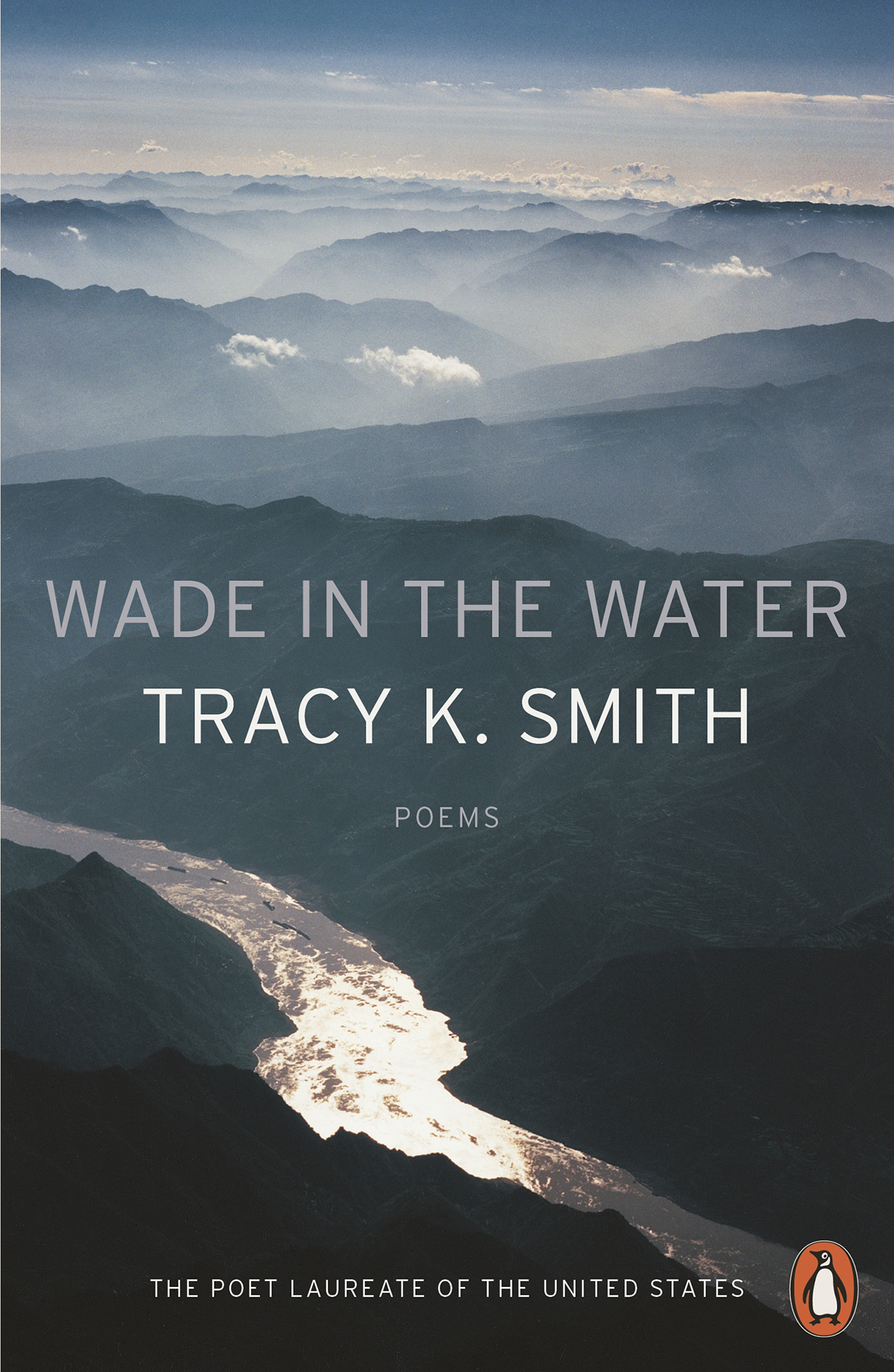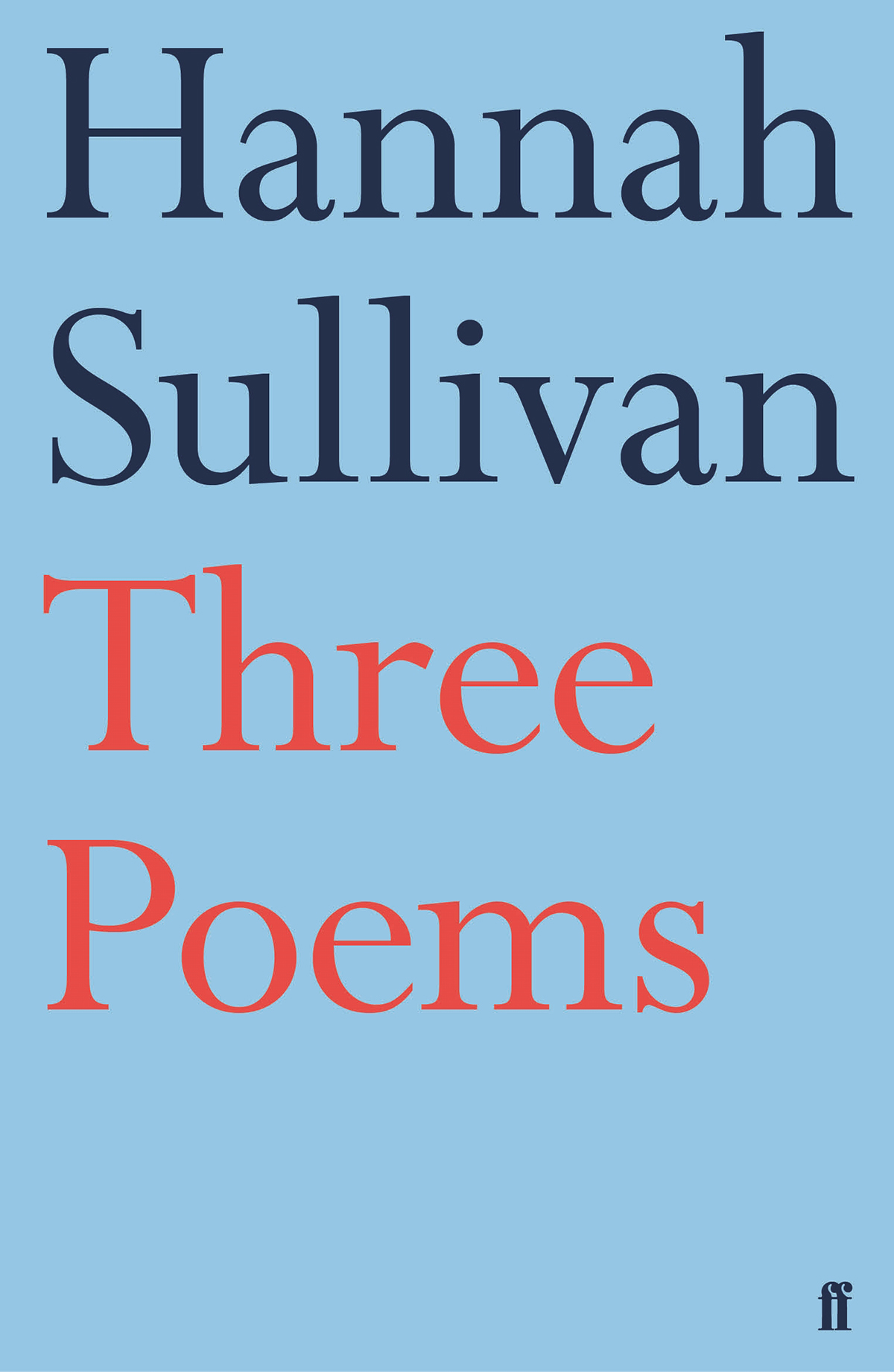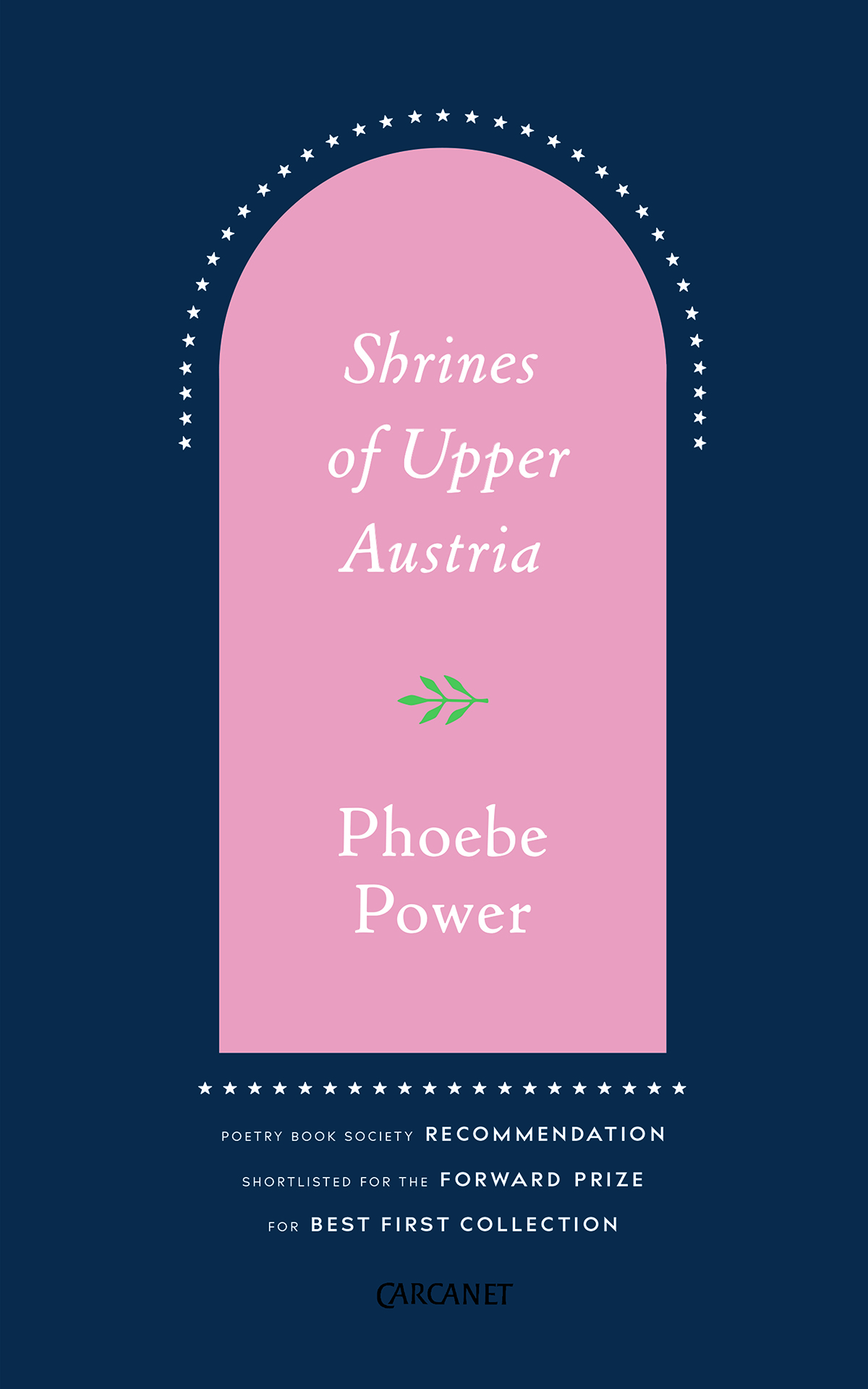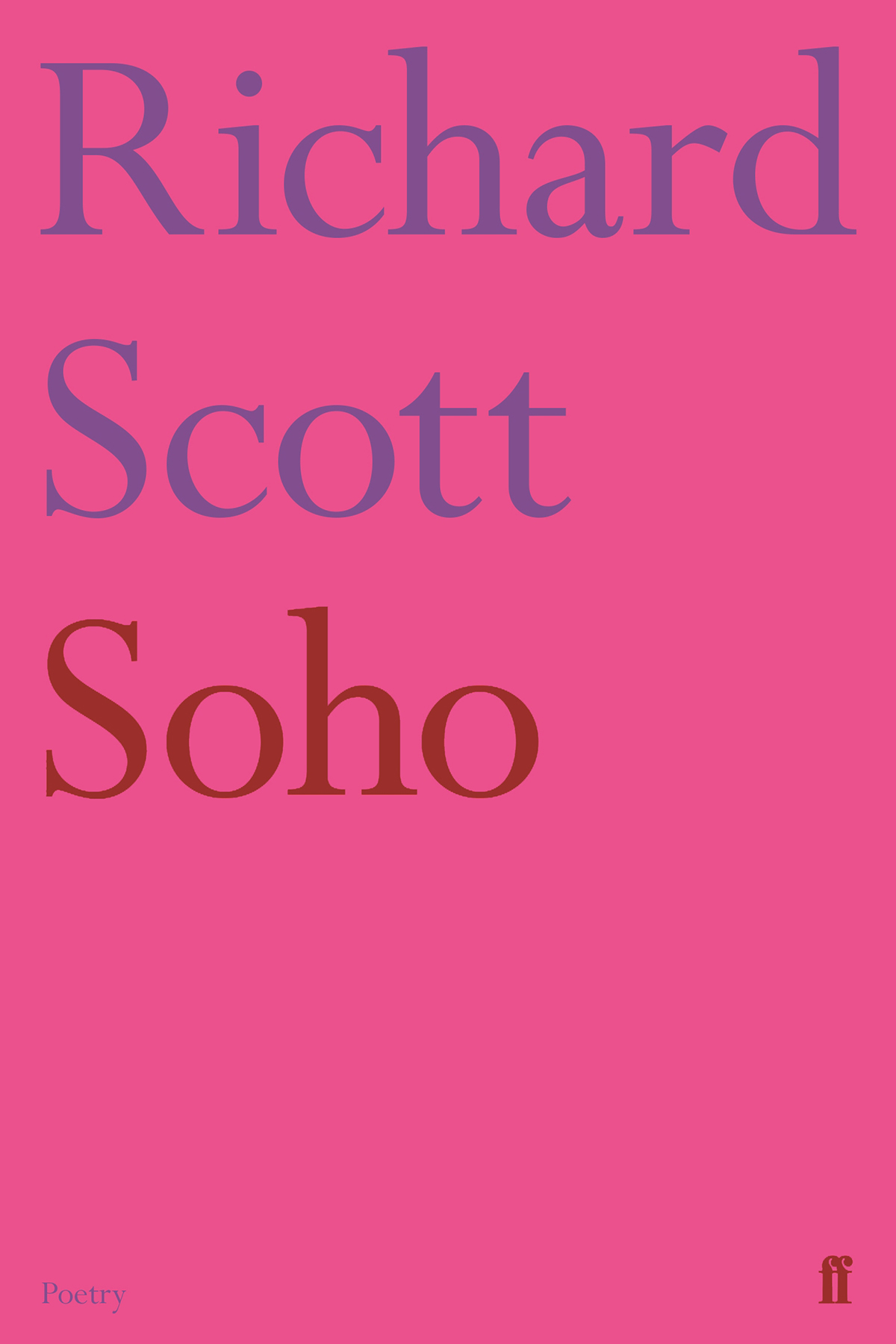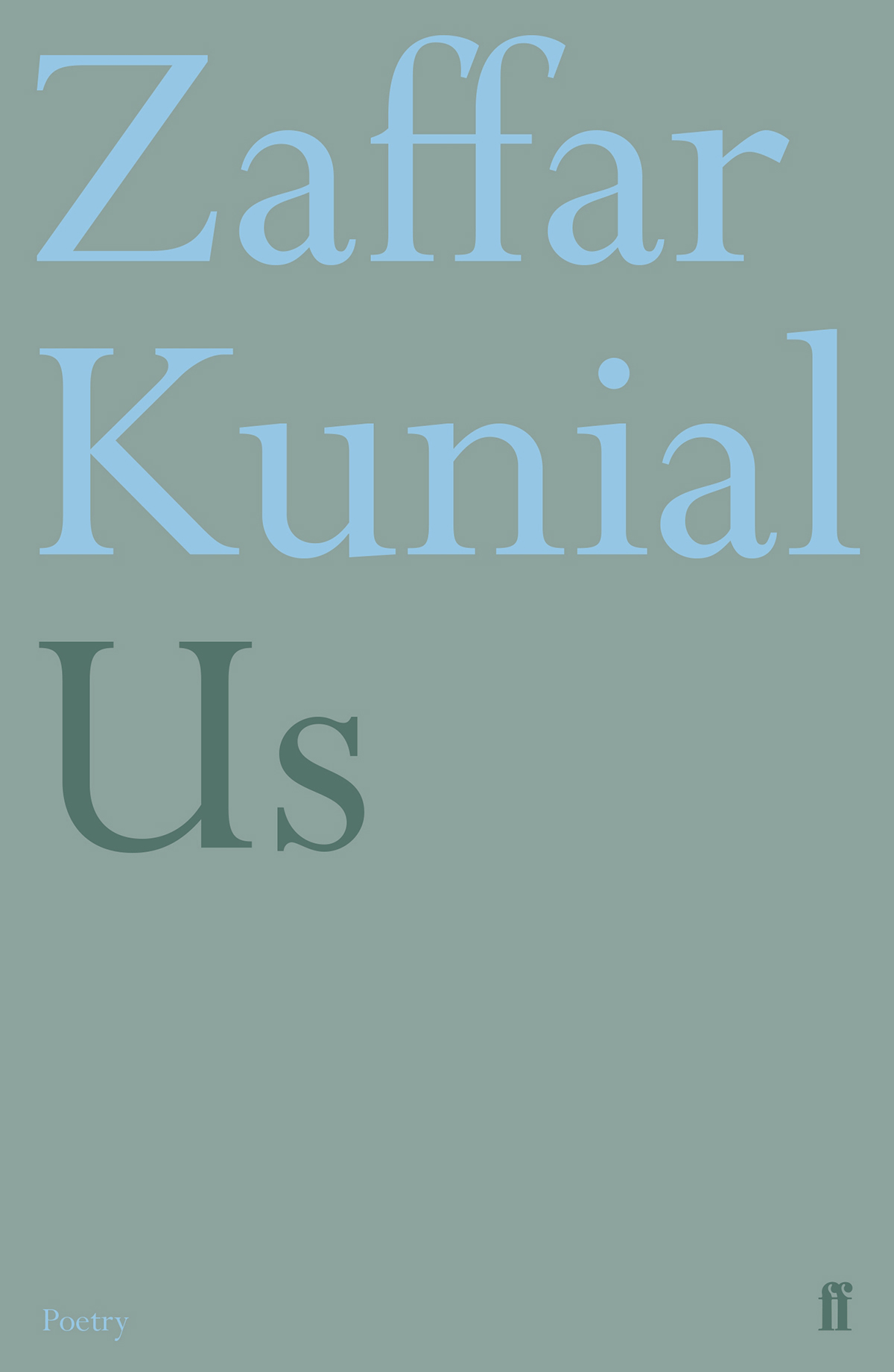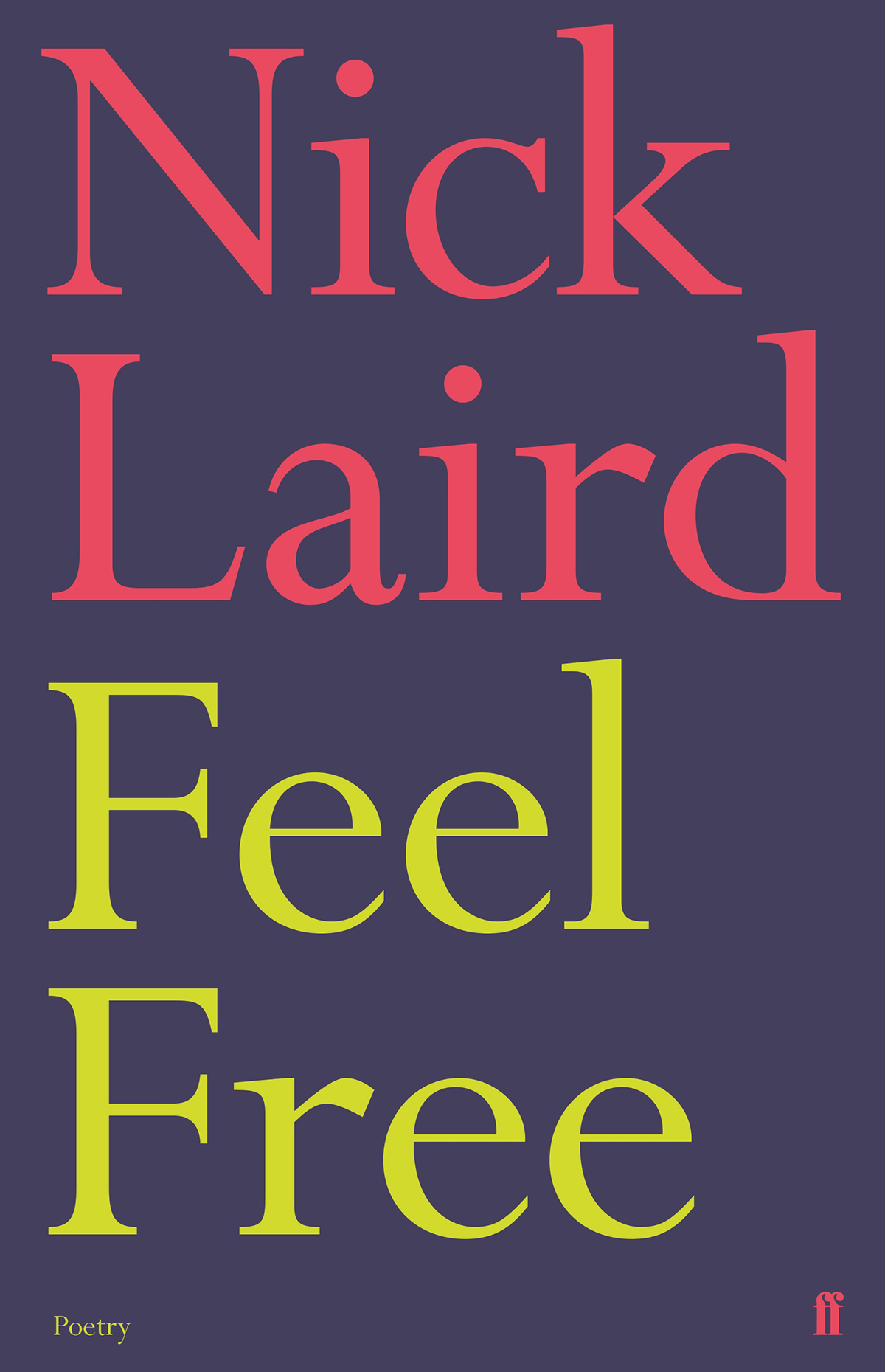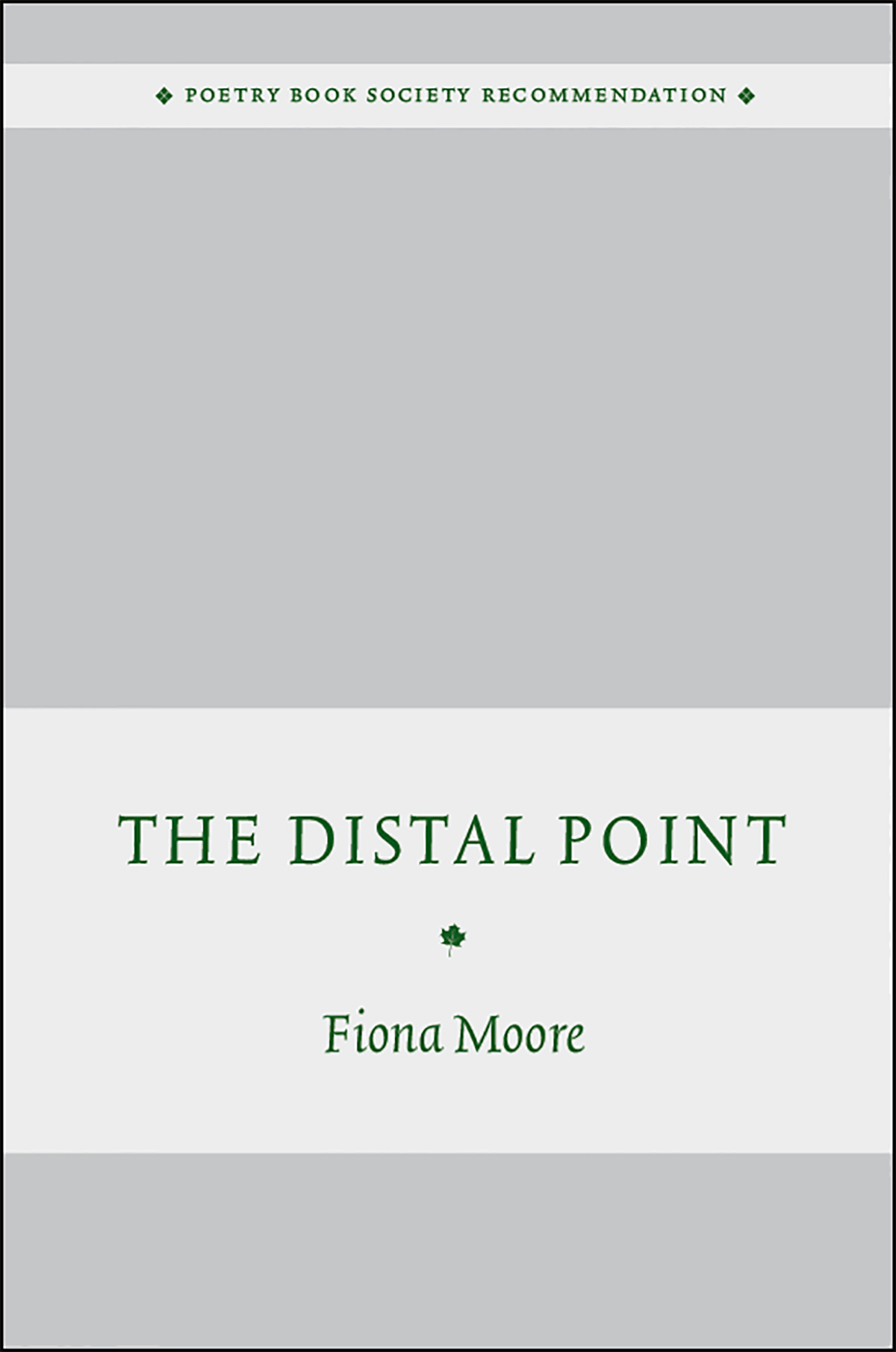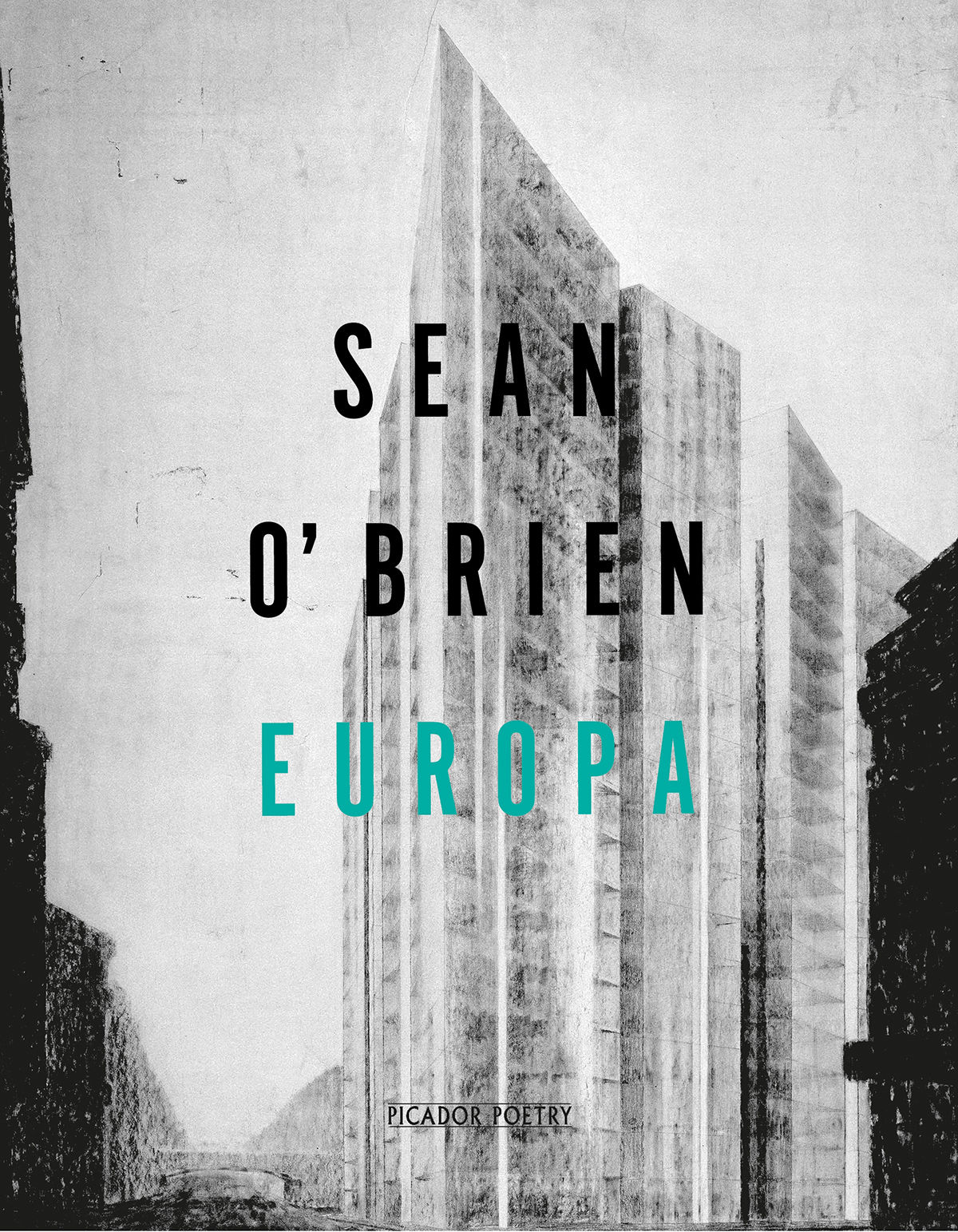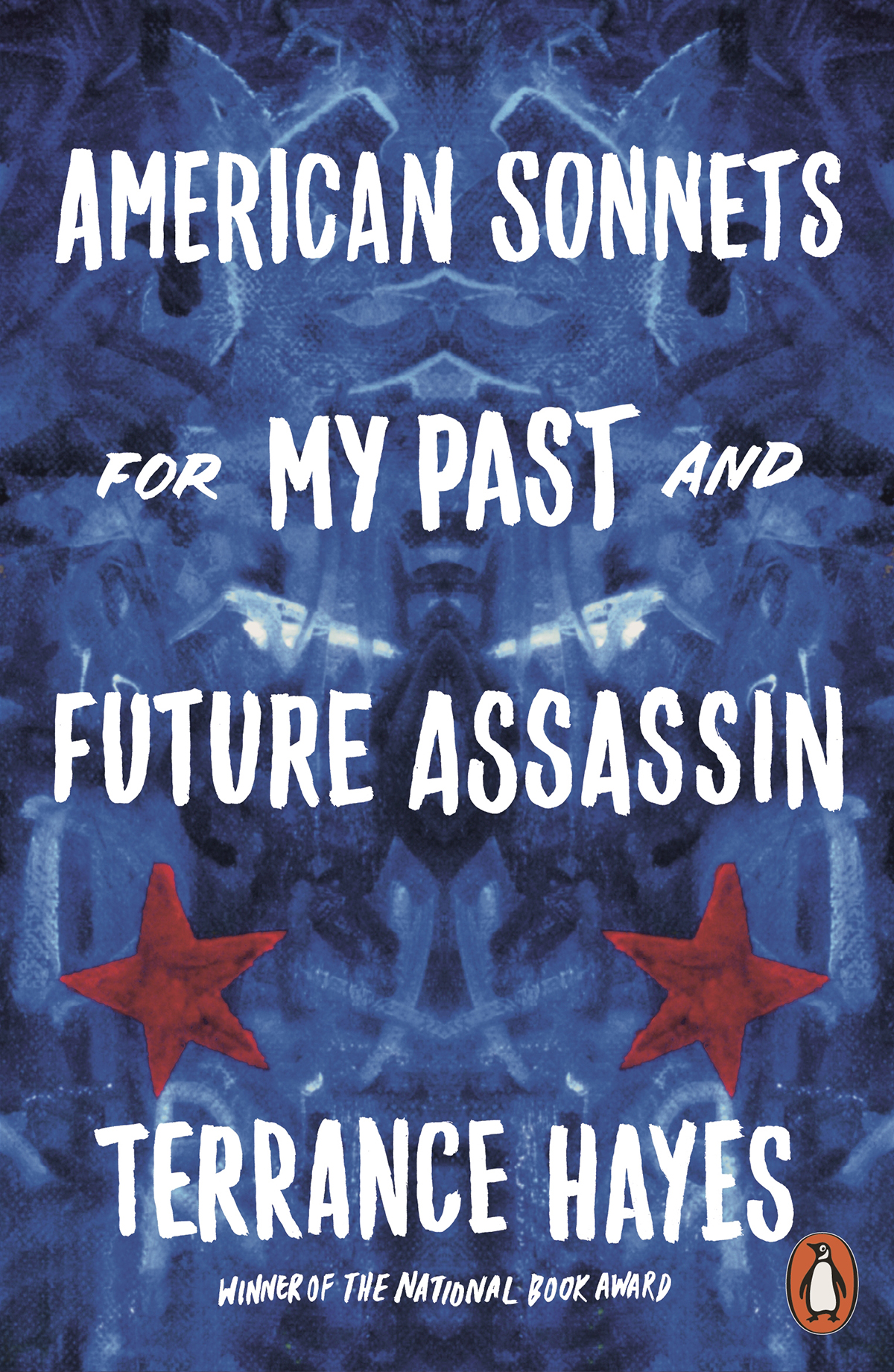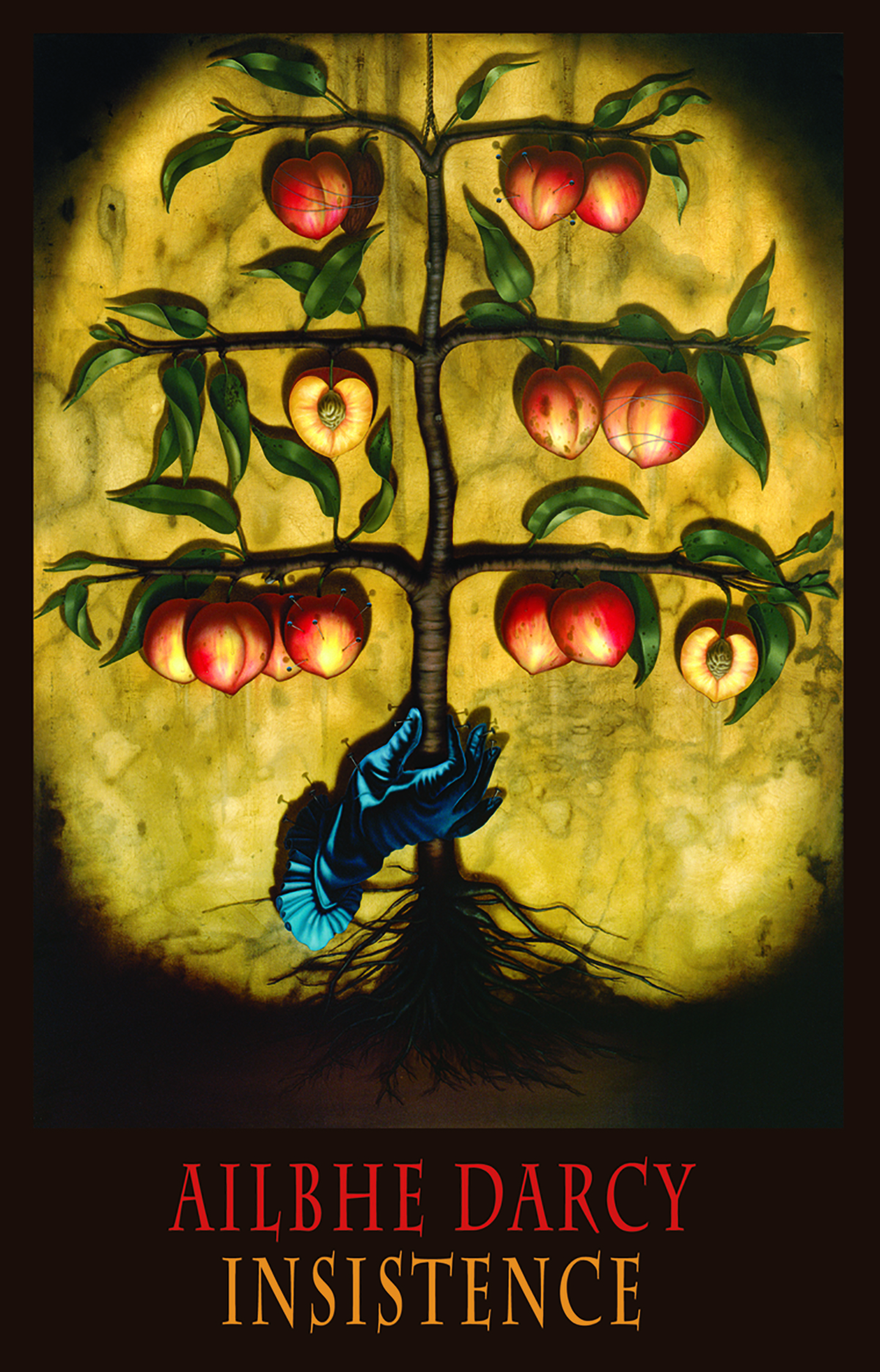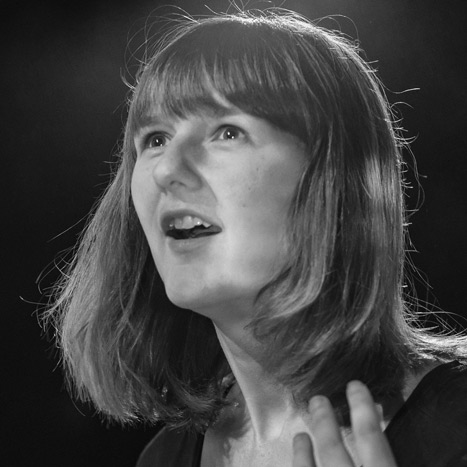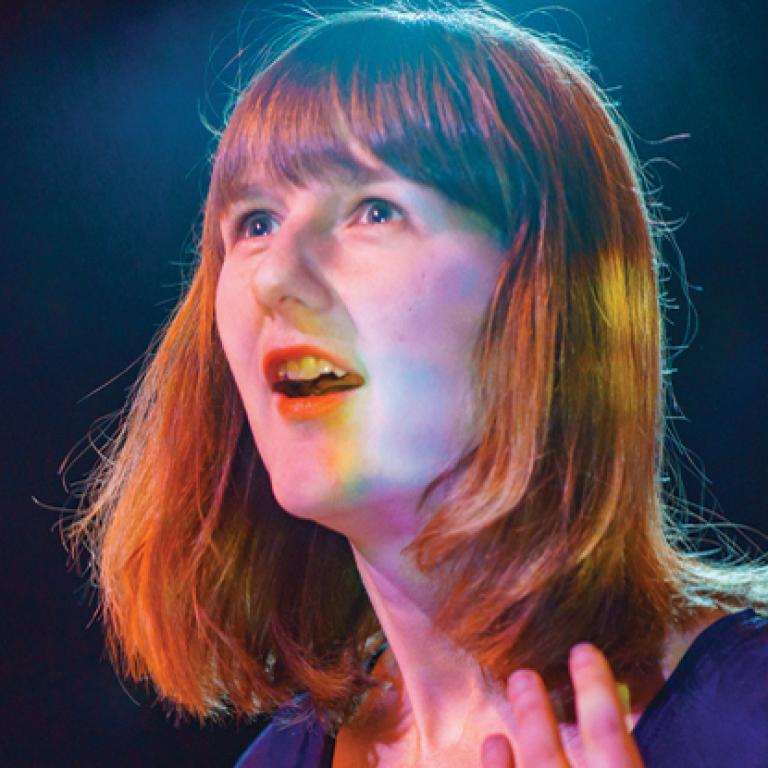
Fresh from reading a record 176 submissions, T. S. Eliot Prize 2018 judge Clare Pollard celebrates the boom in poetry
By most measures, this is a good year for poetry. As life moves increasingly online, poetry suits the internet – it fits in a tweet, a blogpost, an Instagram snap, a podcast, a Youtube video. In an age of activism, poets create phrases that cut through the propaganda – think of how Warsan Shire’s line: ‘no one leaves home / unless home is the mouth of a shark’ has touched millions. Novelists find themselves competing with mobile phones, but those devices in our pockets deliver a steady stream of poetry to people every day, accompanying their commutes and coffees. The internet’s global reach has meant a surge of interest in other poetries, American poets and translated poetry in particular, whilst British poets are being recognised on a global stage. With our working lives often spent in front of a screen, in their free time people also want real experiences. Poetry is ideally placed for this too – as a (usually) brief art-form, rooted in the human voice, festivals and theatres know poetry is crowd-pleasing in a way other literary forms find hard to emulate.
The good news is, whilst there has long been concern that gigs and clicks don’t convert into book sales, it seems that they actually do – the MD of Nielsen BookScan recently declared that poetry sales have risen 66% in the last five years. This is, in part, because of big presses like Penguin catching the zeitgeist and putting poetry back on their lists, but also because of the surge in small presses producing beautiful, ambitious books that people want to own and photograph for their shelfies – in those last five years Nine Arches, The Emma Press, Penned in the Margins, Boiler House Press and Offord Road Books (to name a few) have become important players. It’s also undoubtedly because hard groundwork done to increase diversity is finally paying off, with many of the most exciting poets graduates of schemes like The Complete Works for BAME poets, or anthologies such as Stairs and Whispers: D/deaf and Disabled Poets Write Back, edited by Sandra Alland, Khairani Barokka and Daniel Sluman. It turns out that poetry’s subjects have not been exhausted: there are still new perspectives, new forms, new thoughts, new battles to be fought. It also turns out that when people see themselves represented in the poetry scene, they might actually turn into writers and readers of poetry themselves. (Who knew? Oh yes, it’s completely obvious).
Some get grumpy about this new diversity of platforms and voices, as they are used to a certain type of poetry being held up as best; to narrow definitions of ‘craft’ and ‘seriousness’. It’s like they love wine so have spent a lifetime memorising the subtleties of certain grapes, vintages, terroir, and suddenly they’re being offered a coffee, a cocktail or a smoothie. ‘But this isn’t a Rioja!’ they bellow. Well, I like wine as well, but not all the time, and, once you educate yourself, you discover there can be as much skill involved in the preparation of other drinks. Let’s raise a cup of whatever you enjoy to the current state of poetry!
Clare Pollard is a judge of the T. S. Eliot Prize 2018 alongside Sinéad Morrissey and Daljit Nagra.
